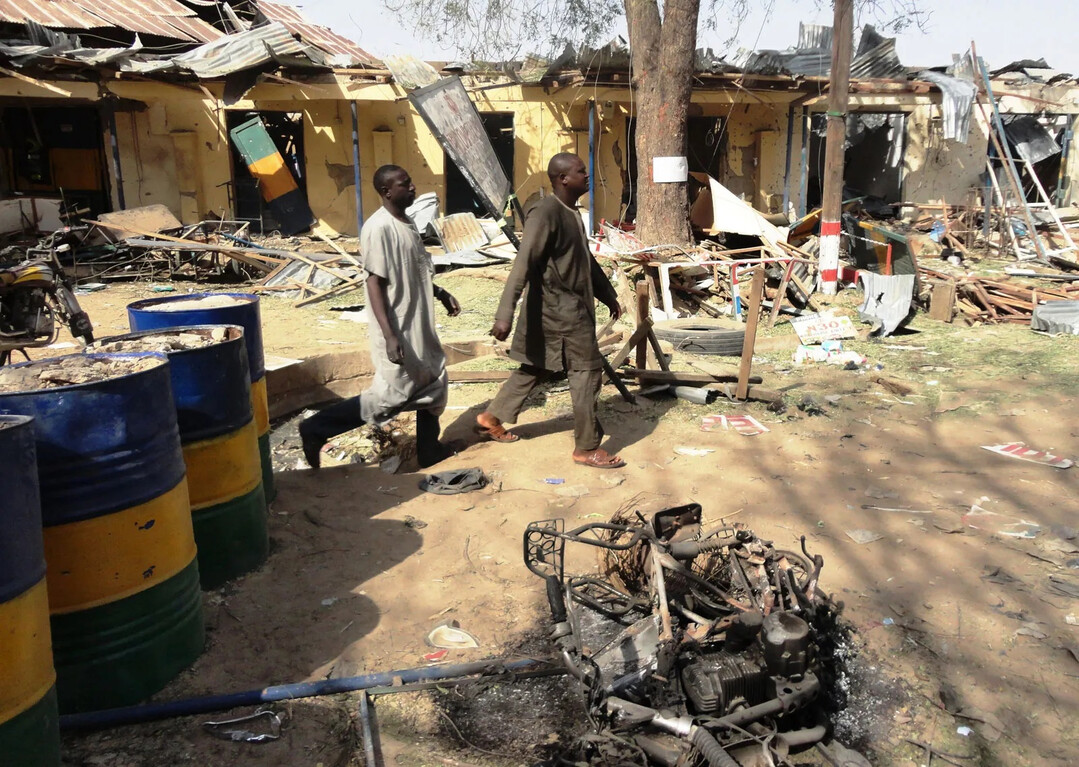
ABUJA, Nigeria – In response to the growing sophistication of terrorist groups, Nigeria's National Counter Terrorism Center (NCTC) has initiated a comprehensive review of its national anti-terrorism strategy. This move comes as authorities warn of escalating threats posed by groups exploiting advanced technologies and socioeconomic vulnerabilities.
The NCTC's decision to revise the strategy, originally developed in 2014 and updated in 2016, reflects the urgent need to adapt to the dynamic nature of modern terrorism. Major General Adamu Garba Laka, the national coordinator of the Counter Terrorism Center, emphasized the unpredictable tactics employed by non-state actors, highlighting the constant evolution of security challenges.
"The tactics used by non-state actors keep evolving and have become highly unpredictable," Laka stated. While acknowledging the progress made by security agencies in reducing the frequency of attacks, he stressed the necessity of a revised strategy to redefine the roles of government agencies in counterterrorism efforts.
The review is particularly timely following the recent emergence of a new terror group, Lakurawa, in Nigeria's northwest region. Authorities are increasingly concerned about the use of advanced technologies by terrorist organizations, including encrypted messaging apps, social media for recruitment, and drones for operational enhancements. These groups also capitalize on poverty, political grievances, and weak governance in remote areas to expand their influence.
Security analysts have echoed the NCTC's concerns. Chidi Omeje noted that the increasing sophistication of terror groups is a predictable outcome of their connections with global terror networks. "They have these links with terror networks, so they'll naturally grow in these proficiencies. So, it's up to us to devise ways to counter those technologies they're using," he said.
Another critical aspect highlighted by security analyst Ebenezer Oyetakin is the need to address the financial backbone of these organizations. "We should look for those behind them rather than contending with policies that are not sincerely being implemented," Oyetakin argued, emphasizing the sophisticated operational capabilities of groups like Boko Haram, which suggest external funding and support.
Nigeria's efforts to combat terrorism are part of a broader continental struggle. Africa has become the global epicenter of terrorism, recording the highest number of terror-related deaths in 2023. The African Counter-Terrorism Summit, hosted by Nigeria last April, aimed to foster a continent-wide strategy against terror groups.
Despite a decline in overall terrorism-related deaths in recent years, Nigeria continues to grapple with the persistent threats posed by groups like Boko Haram and ISWAP. Since 2009, these groups have been responsible for the deaths of over 35,000 people and the displacement of at least 2 million.
For now, the Nigerian government's primary focus remains on fortifying the nation's resilience against terrorism through the effective implementation of a revised and robust counterterrorism strategy.
[Copyright (c) Global Economic Times. All Rights Reserved.]






























